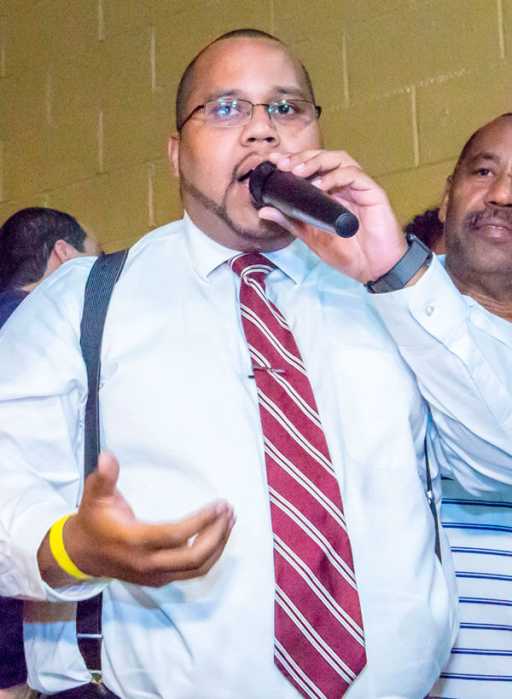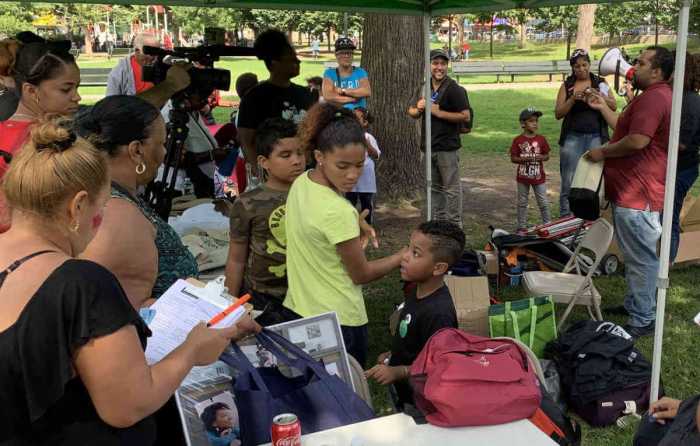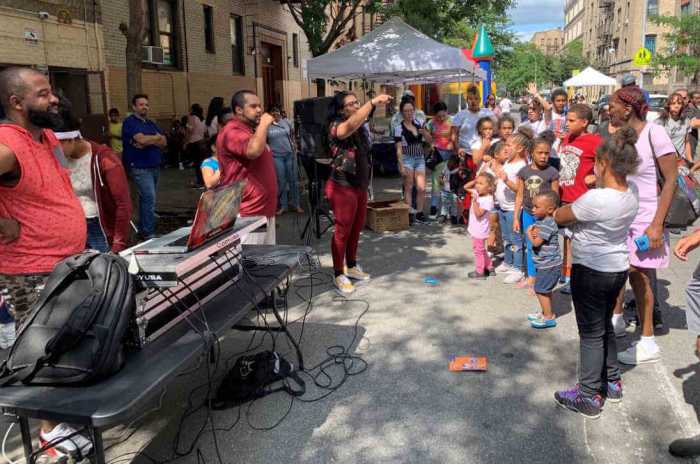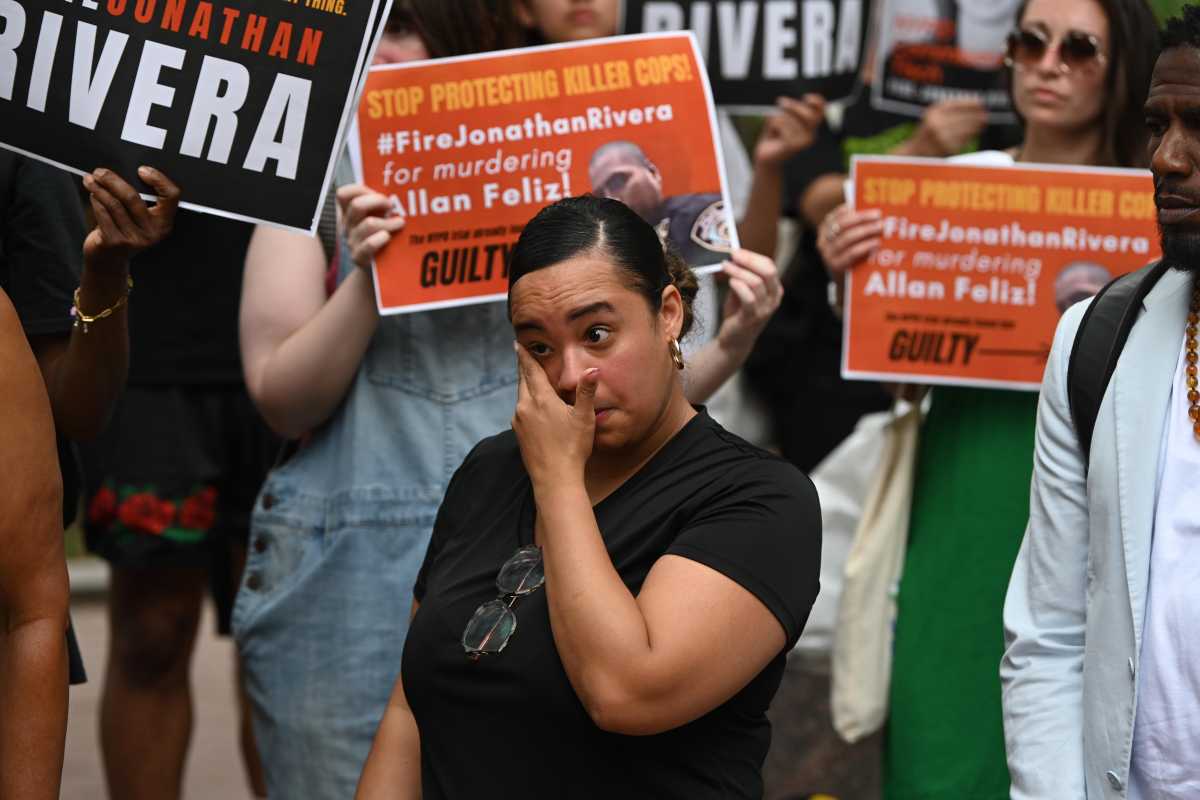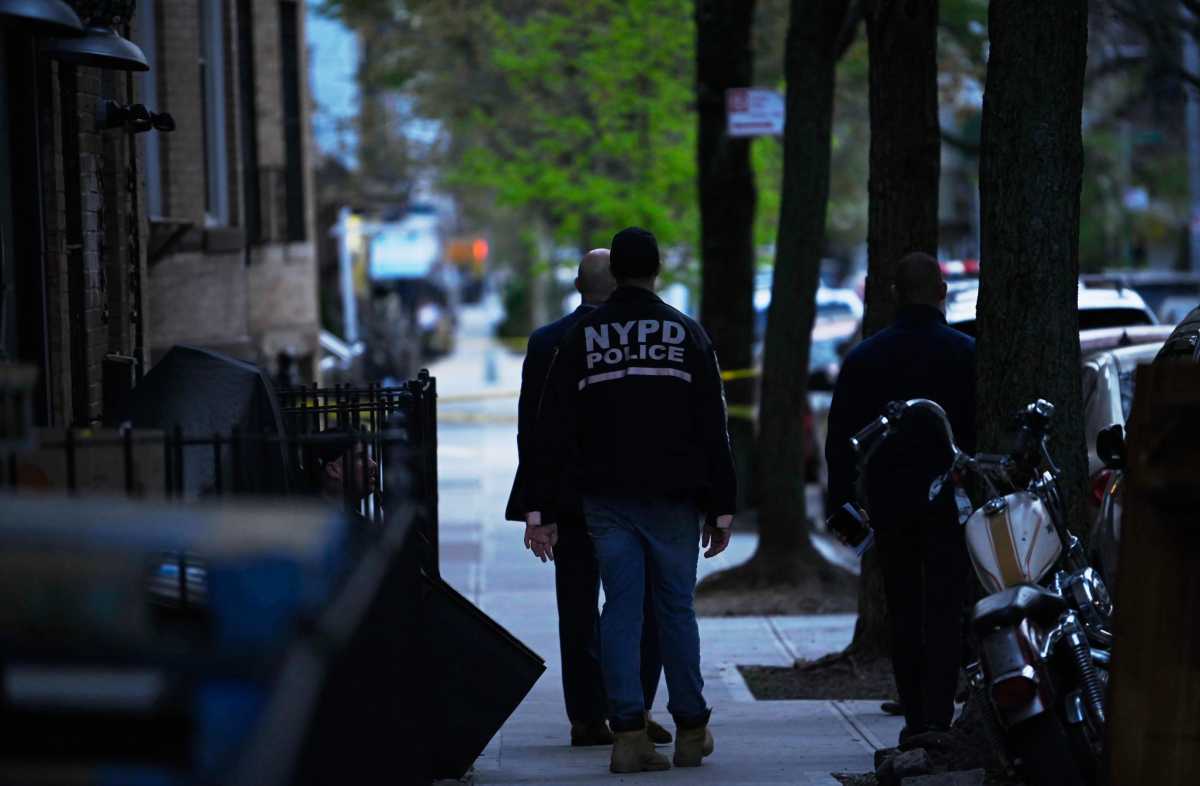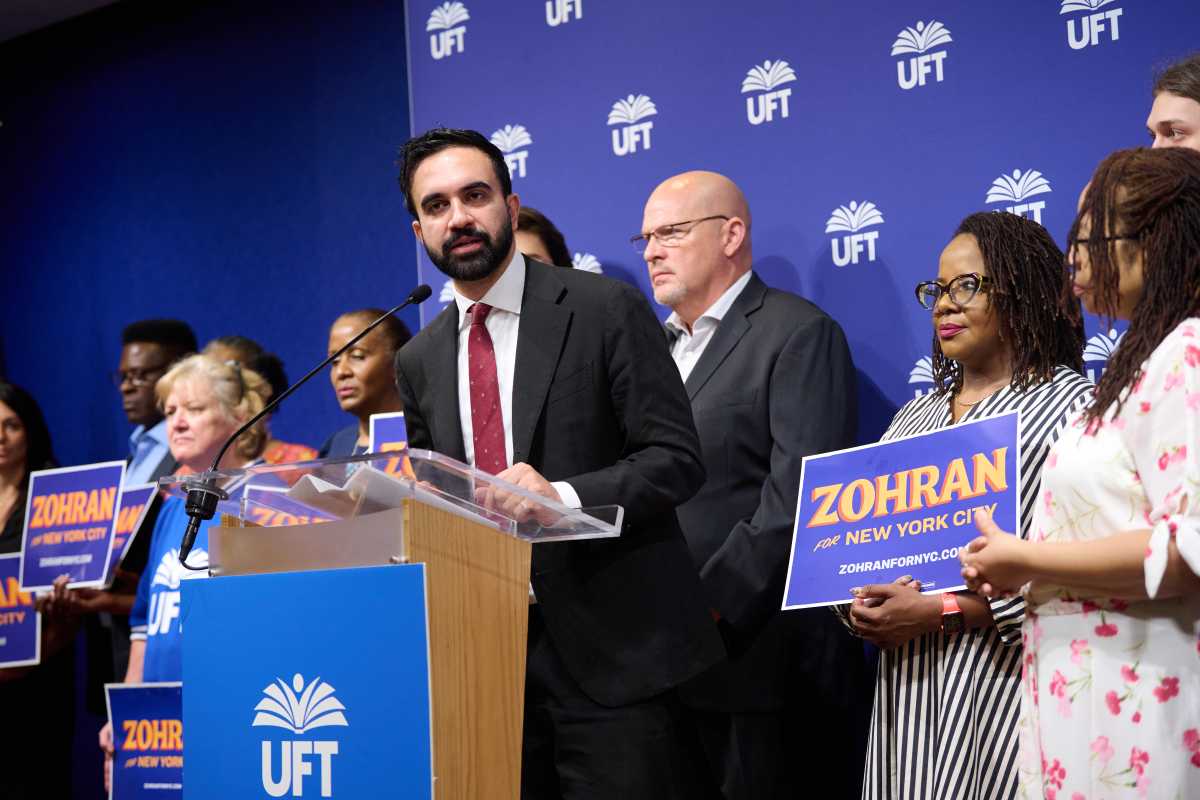A Bronx charter school recently launched a new campaign to boost response rates among its families on the U.S. Census, which has a profound impact on funding for communities throughout our local communities.
Classical Charter Schools in the south Bronx has been emailing parents fact sheets, surveys and communications to encourage turnout.
On July 15, it released a new, student-led interview with Assemblyman Victor Pichardo on a classroom podcast. During the discussion, three middle school students talk about the importance of the U.S Census and the impact on Bronx residents. The full interview can be listened to here.
“Now more than ever, it is crucial for our students and the entire Bronx community to remember the importance of the Census and the role it plays in making sure our voices are heard,” said Lester Long, executive director of Classical Charter Schools. “We sincerely thank Assemblymember Pichardo for joining us for this important discussion with our students and for representing our communities in Albany. At Classical, we’ve made it our focus to ensure that our students become engaged, well-rounded leaders. The events of the last several months have reinforced why it’s so important to be involved and standing up for change. We look forward to continuing this mission as we develop the leaders of the future and deliver a high-quality education for children across the Bronx.”
Funding for vital federal programs are dependent on the census count, impacting education, housing and financial assistance programs over the next decade. As part of the interview, Pichardo emphasized:
- Why the census is important, saying, “it makes sure that all New Yorkers have a voice, regardless of their immigration status here in this country. And also we’re talking about a lot of money that can be reinvested into our communities and making sure that our resources and supportive services that we need exists and are fully funded into the future.”
- The impact of the census on federal education programs: “The federal government sends ‘X’ amount of dollars per student, so if there aren’t federal dollars coming in to repair or build new buildings, that means that more kids are going to be in larger classrooms and that doesn’t create a good environment to learn…if we’re not keeping up with the amount of students who need education, it makes it harder for teachers to do their jobs. It’s not because they don’t want to, it’s because they are put in difficult circumstances outside of their control.”



